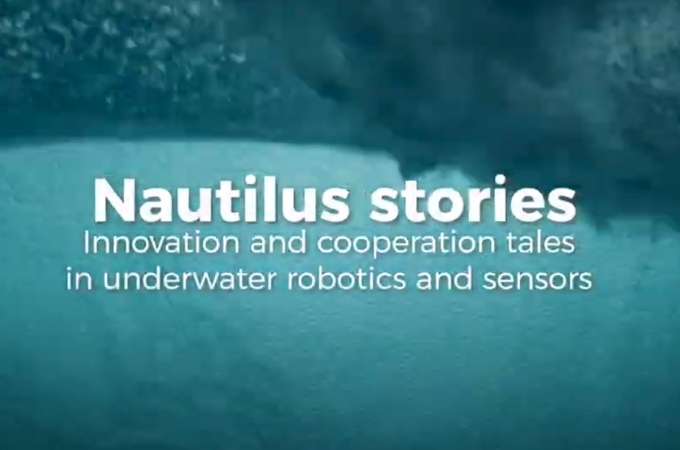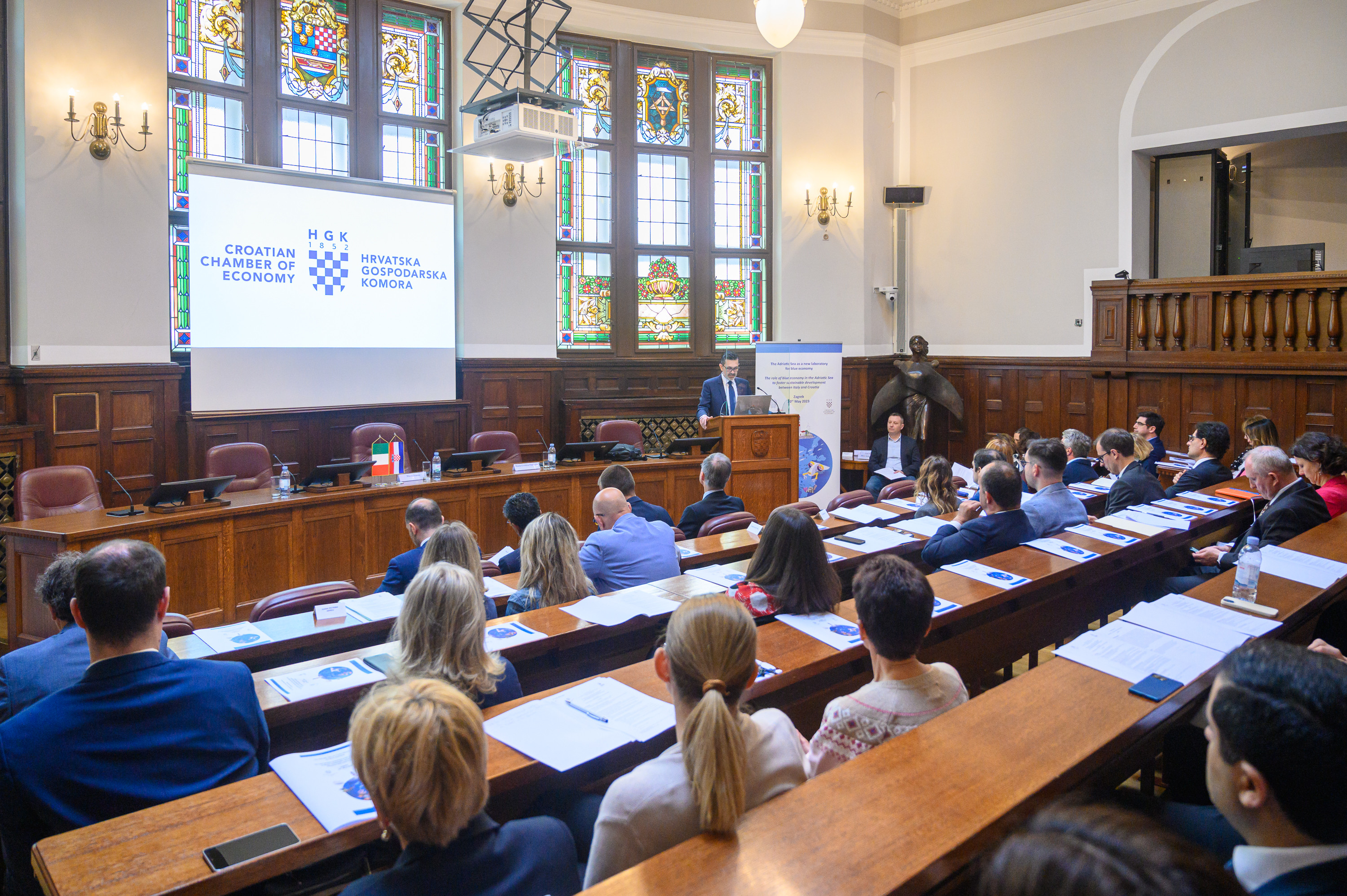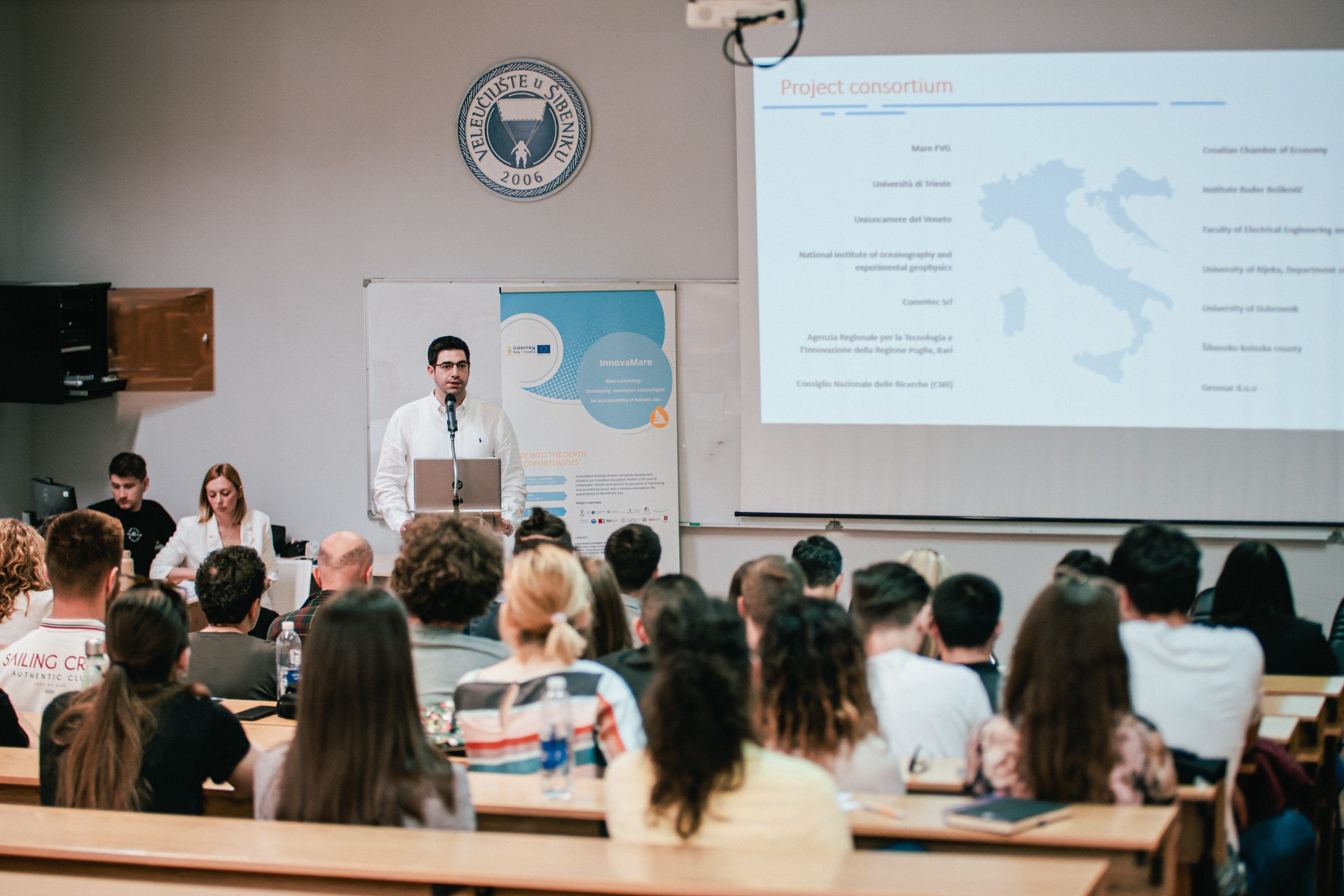The dream of making the Adriatic a more sustainable sea can become true if Italy and Croatia stay in the groove traced by InnovaMare, the EU strategic project for cross-border cooperation which is close to its endpoint after more than two years of activities. This is the hope of the partners from the two countries who met again in Bari to showcase the main results reached out in the framework of InnovaMare: newly developed technologies and effective research methodologies for the Blue Economy sector.
The final leg of the roadshow which has involved Dubrovnik, Venice and Rijeka in recent months, was organized by ARTI, Regional Agency for Technology and Innovation of Puglia, and included two days of workshops, demonstration activities and visits to some regional realities of excellence. The event, ARTI said, has mainly focused on the promotion of networking around the new-born Digital Innovation Hub and on open sea demonstrations of the technologies created for marine safeguards.

On March 22, from 9. 00 a.m. at the Bari University Sports Center, was held a thematic workshop on “Cooperation, Blue technologies and smart solutions for a soustainable Adriatic Sea”. It was followed by hands-on demos of two robotic solutions developed by CNR-National Research Council and University of Zagreb, Faculty of Electrical and Computer Engineering, as partners of the project. Tests involved, in particular, SWAMP, an Autonomous Surface Vehicle (Asv) i.e. the lightweight mini-catamaran for sea monitoring in ports and river basins, and the Smart Multifunctional Buoy, a robot for measuring, managing and storing data recorded at sea. These two different robotic solutions were designed to work in an integrated way to maximize results in the fight against maritime pollution. They were both tested, for their first time in the Apulian sea, to show to the public how they can effectively work together. Researchers pointed out that "successuful tests carried out during the project showcased these systems are effective both in cooperative scenarios and in particularly risky environments", such as lagoon waters and polluted waterways.

On March 23, partners and project’s stakeholders visited the Laboratory of Coastal Engineering (LIC) of the Polytechnic University of Bari, a national excellence for its state-of-the-art instrumentation applied to coastal dynamics modelling and wave motion detection. They continued the tour to the Monopoli-based company AS Labruna, a leading Italian manufacturer of "green," electric and hybrid-powered engines for the marine industry.

Submarine robotics will play a strategic role in protecting the seas, both because of its low cost and because it can operate effectively. Developing innovation for the Blue Economy by consolidating the virtuous ecosystem created with InnovaMare is in fact the mission of the Digital Innovation Hub (DIH), the hub for the development of submarine robotics created last February by signing a Memorandum of Understanding, another concrete confirmation of effective cooperation for the sustainability of the sea.



